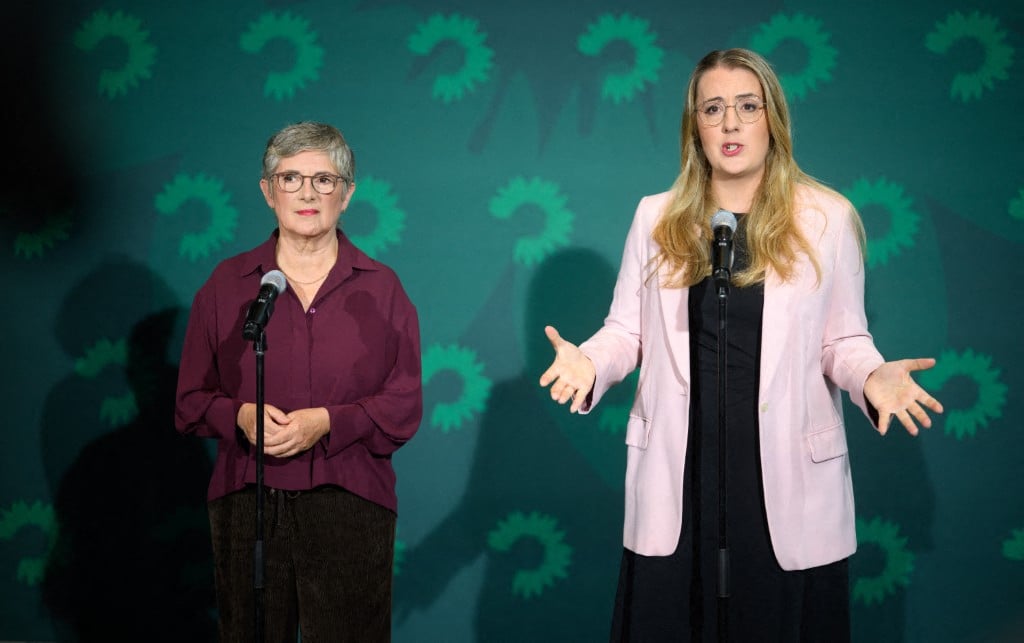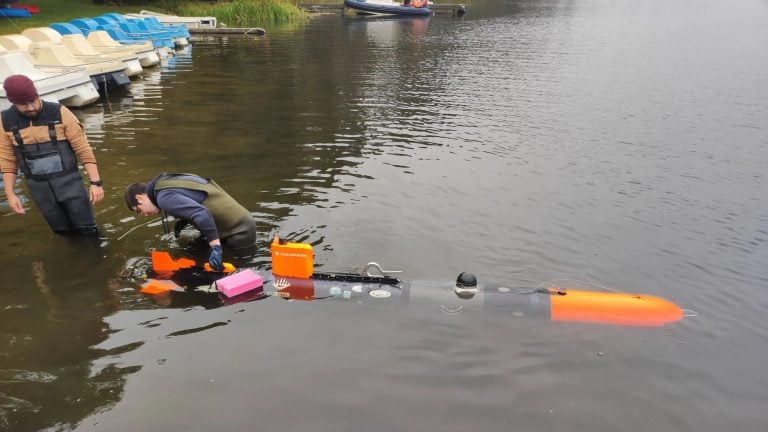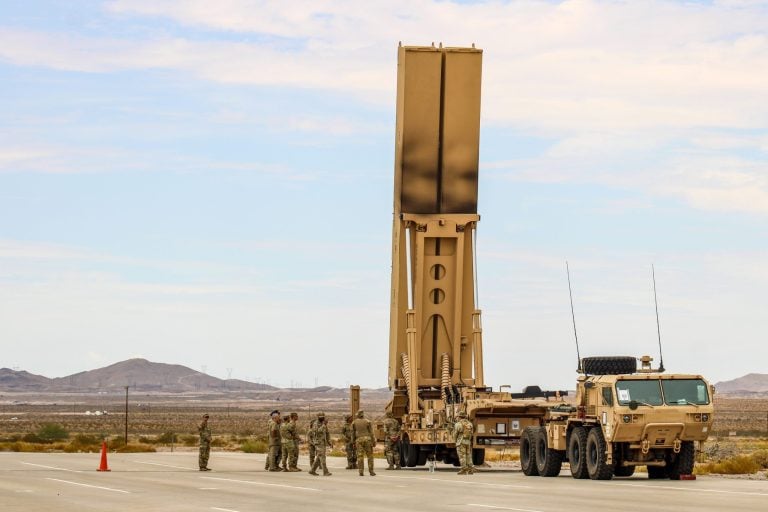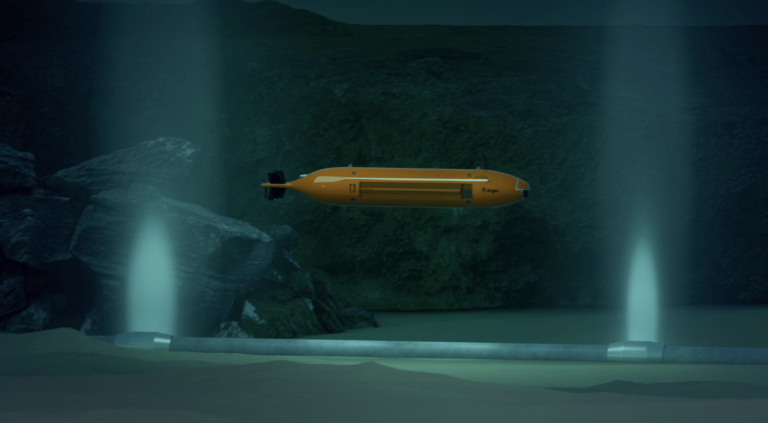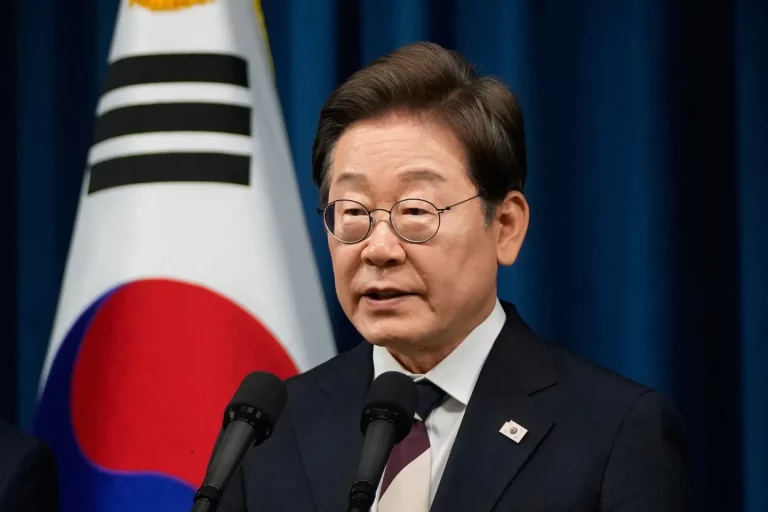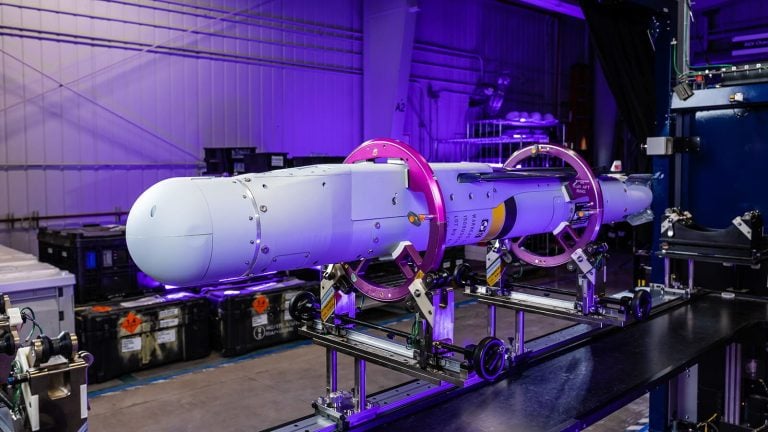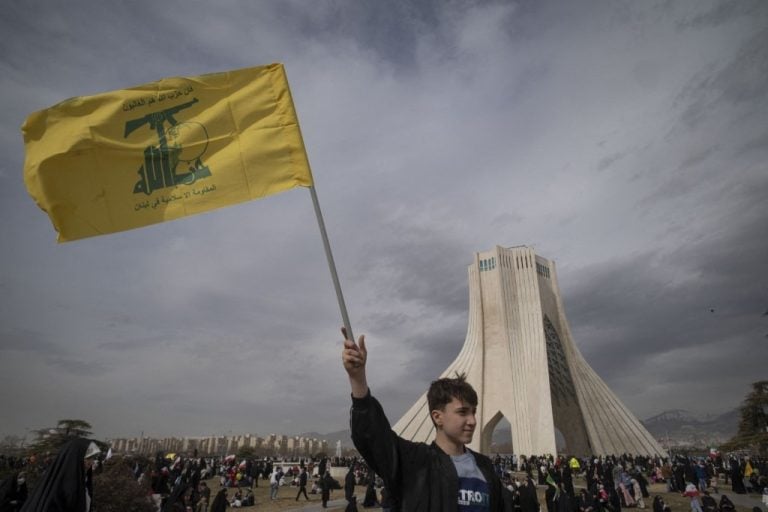Germany’s Green party has intensified calls for the government to intervene against a controversial nuclear project involving French-Russian cooperation in Lingen, Lower Saxony. The initiative, which is being pursued by a subsidiary of French company Framatome in conjunction with Russia’s state-owned nuclear agency Rosatom, has raised significant concerns regarding security and potential espionage.
The fuel rod assembly facility in Lingen has been at the center of this dispute since Framatome submitted an application in March 2022 to establish a joint venture with Rosatom to produce fuel rods for Russian-designed reactors. Notably, Rosatom has been exempted from multiple rounds of EU sanctions that were imposed following Russia’s invasion of Ukraine in February 2022. This has fueled anxieties that the partnership could deepen strategic dependencies on Russia and potentially compromise sensitive information about nuclear operations within Germany.
Green MP Konstantin von Notz articulated these concerns at a recent event, emphasizing the contradiction of allowing Russian involvement in the German nuclear sector in light of the nation’s efforts to reduce dependency on Russian energy supplies. He stated, “The fact that we are discussing a Russian company taking part in such a project in Germany in 2025, after we went through such problems to free ourselves from dependence on Russian gas, is a brutal contradiction.”
The responsibility for deciding on the joint venture rests with the Lower Saxony state government, but the Greens are advocating for federal intervention to halt the project. They argue that approving the venture could allow Russia to gain unwarranted access to critical information regarding Germany’s nuclear facilities while simultaneously risking the resurgence of dependencies that Germany has sought to eliminate.
In the wake of the Ukraine conflict, Germany has taken a proactive stance as one of Ukraine’s largest suppliers of aid since 2022. The nation remains vigilant against potential Russian sabotage, especially after the closure of its last nuclear reactors in 2023, marking a definitive exit from its own nuclear energy pursuits. Juliane Dickel from the environmental organization BUND reinforced the Greens’ viewpoint, contending that “Germany shouldn’t be financing Russia’s war but should finally complete its own exit from the nuclear industry.”
Criticism has also emerged from across the border in France, where activists have voiced their discontent with the government’s ongoing importation of uranium from Russia, which they see as contradictory to the European stance against Russian aggression.
As discussions around the Lingen project unfold, the intersection of energy policy, national security, and international relations remains a contentious and pressing issue for Germany and its European neighbors, highlighting the complex landscape of energy dependence and geopolitical stability.
